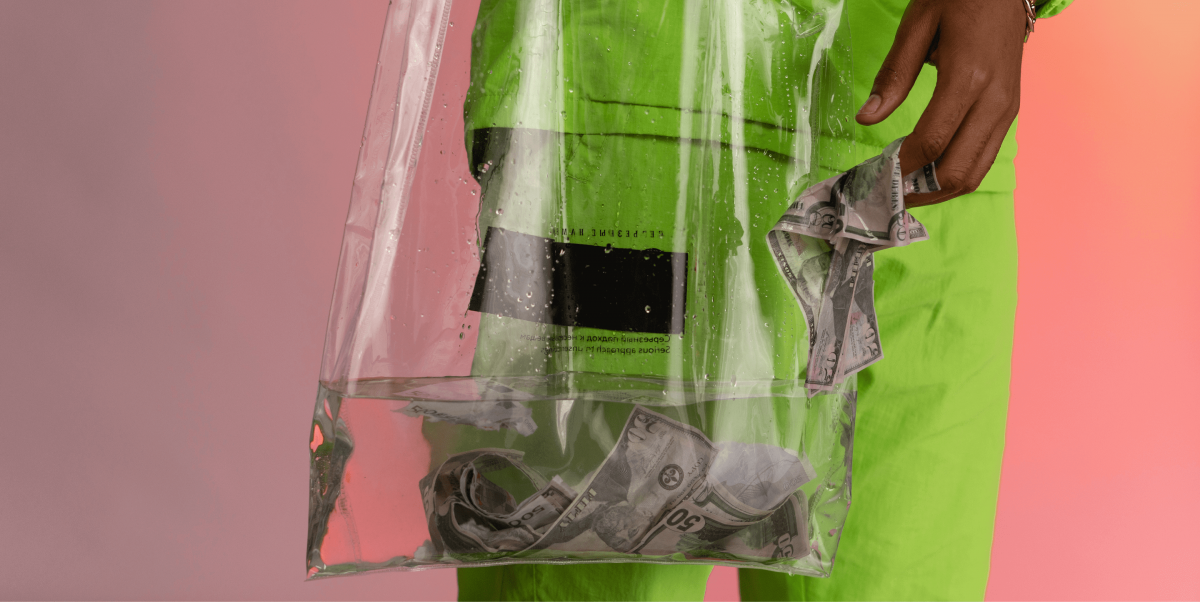There’s nothing quite like a trip to the beach: the waves gently lapping the shore, salty summer skin and sipping from a coconut while you treat yourself to a delicious beachside lunch – paradise! That is, until you see piles of trash and plastic waste littered everywhere. Don’t be a part of the waste crisis plaguing the environment – bring your eco-habits with you! Here’s how you can make your next day at the beach a sustainable one.
1. Opt For Public Transport
We know that sitting in a hot and crowded bus to get to the beach isn’t the most fun, but it’s the more sustainable (and cheaper!) option as opposed to getting a taxi or driving. Plus, less cars on the road means less traffic, meaning more time spent having fun!
2. Bring Your Own Eco-Kit
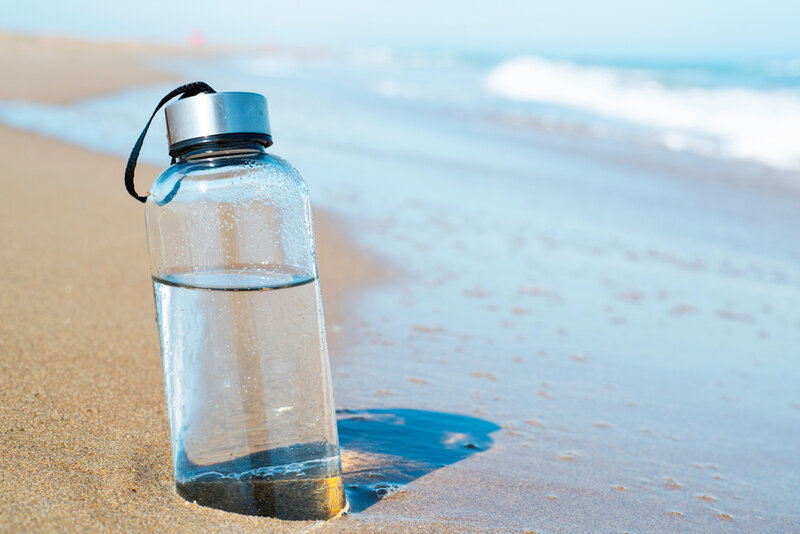
Always abide by the campfire rule when out in nature — always leave the campsite cleaner than how you found it! Before you go to the beach, put together a small kit with all your eco-essentials, including a reusable water bottle, reusable trash bags, bamboo or metal cutlery and straws. Also, try to bring loose foods without single-use plastic packaging, like loose fruits or foods in reusable containers.
3. Be (Sustainably) Sun Smart
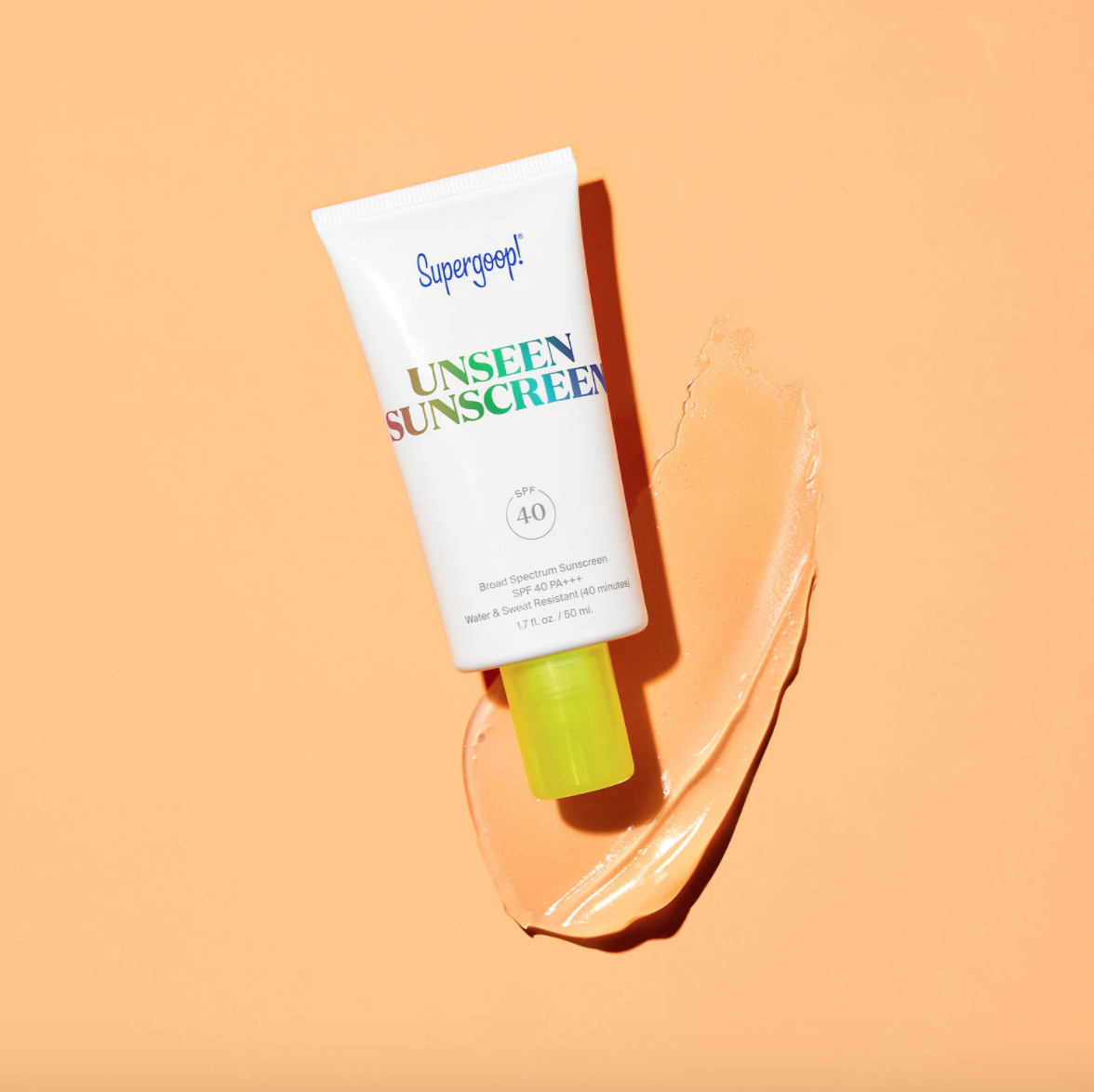
We don’t want to sound like a stuck record, but put on your SPF! As the sky-high temperatures of Hong Kong summers lure us to the beach, take a look at the ingredients list of your sunscreen to make sure that not only is it protecting you from the sun, but also that its ingredients aren’t releasing harmful chemicals into the ocean. Some of these ingredients, like oxybenzone, octinoxate and butylparaben, can injure or kill marine life and bleach coral reefs!
We like this reef-safe and biodegradable sunscreen from Reef Repair, but if you’re looking for more recommendations, check out our guide on the best natural, reef-safe sunscreens.
4. Wear Eco-Friendly Swimwear

Fast fashion is an incredibly wasteful industry, emitting greenhouse gases and using massive amounts of water and energy. Ghost fishing nets, plastic bottles and even carpets — these are just some of the materials that many brands are using to make swimwear. We’ve rounded some of our favourites in our guide of the best sustainable swimwear brands!
5. Wear Recyclable Flip-Flops
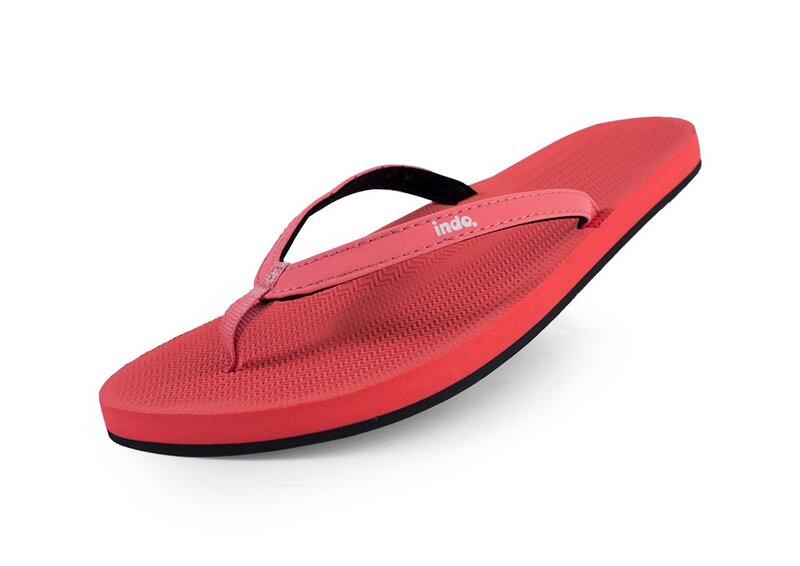
These Indosole flip flops are made of 100% recycled tires that would otherwise end up in a landfill. They come in a range of colours and styles – we love the coral ones!
6. Use a Recycled Plastic Towel
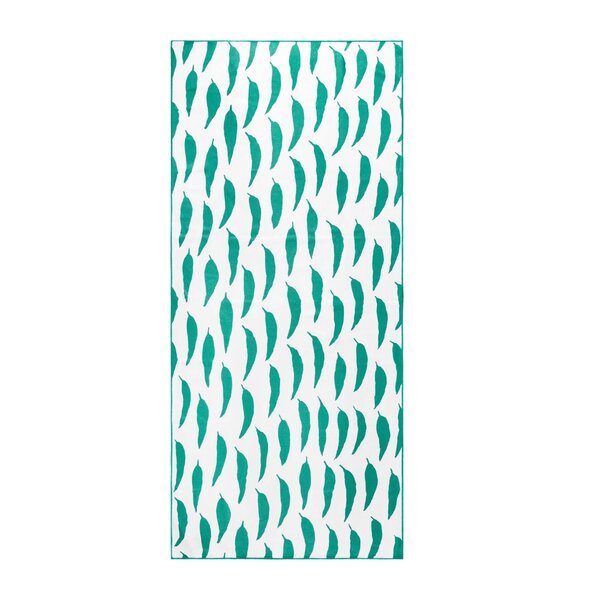
This emerald green beach towel from Rupert & Bird is made using 24 plastic bottles and comes packaged in an organic cotton mesh bag that can be reused as a produce bag! It’s also lightweight, quick-drying and sand-repelling, perfect for a day dipping in and out of the ocean.
7. Wear a Straw Hat
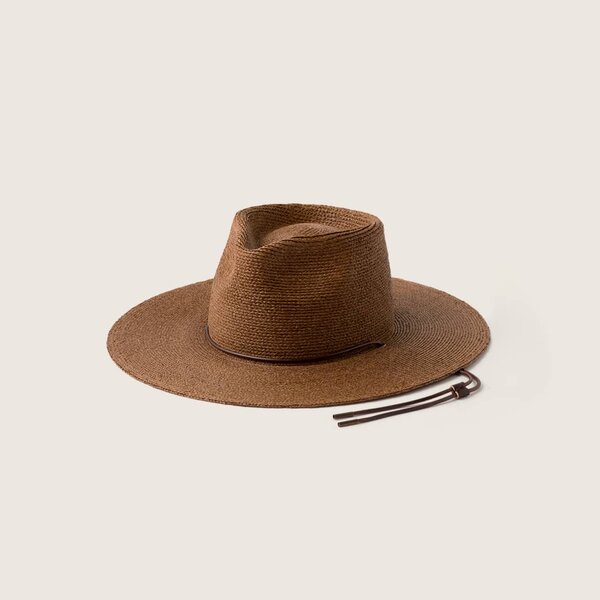
Straw is a sustainable and lightweight material that is very durable when woven into fabric. This straw hat from Will & Bear is made from biodegradable raffia fibre, which is harvested from the raffia palm plant sustainably, allowing it to continue to grow and produce. Plus, the colour will complement your tan!
8. Stick to the Path
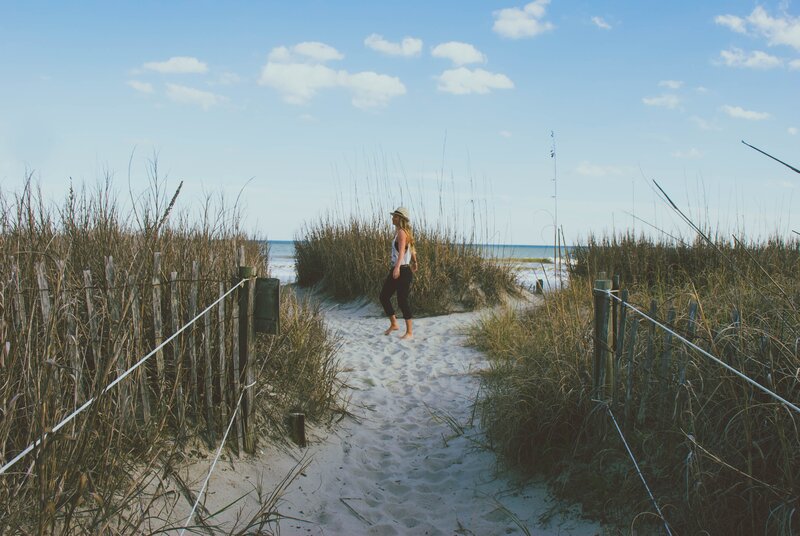
We must realise that beaches are a natural habitat for many plants and animals. Stepping through plants and over dunes to get to the beach may be adventurous, but you could unknowingly damage ecosystems and cause erosion over time. If you can, stick to the paths; you’ll still get to where you need to go, without damaging the plants and animals that live there!
A beach trip is the perfect way to spend a summer day, so why not take your sustainable lifestyle with you while you enjoy the waves? You’ll have just as much fun and the planet will be grateful. There’s enough plastic in the ocean – we really don’t need to add more of it!
See also: 8-Week Challenge: 8 simple swaps for single-use plastics


